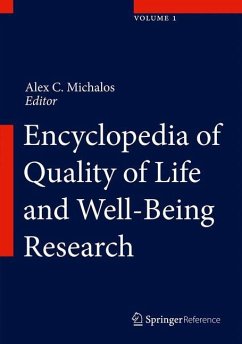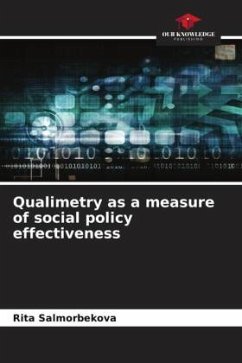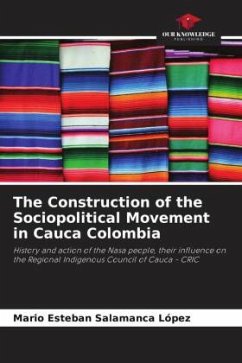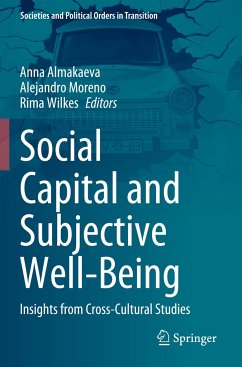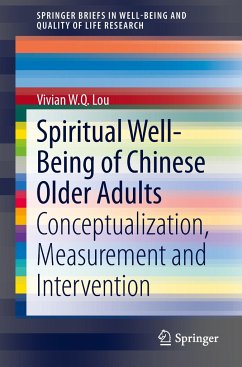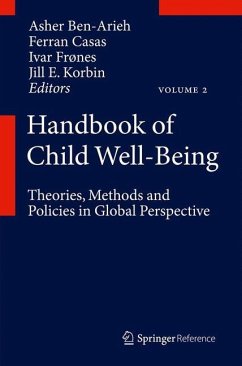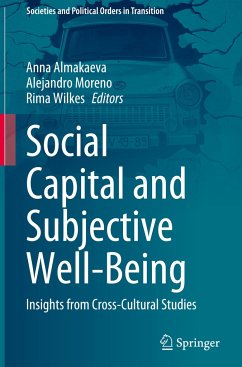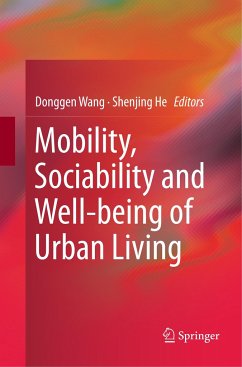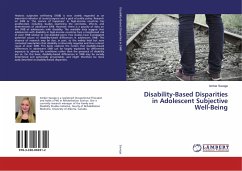
Other Ways to Measure Well Being
A proposal for the third millennium
Versandkostenfrei!
Versandfertig in 6-10 Tagen
27,99 €
inkl. MwSt.

PAYBACK Punkte
14 °P sammeln!
We analyze four synthesized well-being indexes and their respective relevance for the elaboration of rankings of Latin American countries. In recent years, different multidimensional measures of well-being, which include both objective and subjective aspects, have been generated from central countries to compare the situation and evolution of countries. The analysis shows that most of them are based on a broad concept of well-being, such as Sen's capabilities approach, although the number of dimensions and indicators differs in each proposal. On the other hand, when analyzing Kendall's Tau B a...
We analyze four synthesized well-being indexes and their respective relevance for the elaboration of rankings of Latin American countries. In recent years, different multidimensional measures of well-being, which include both objective and subjective aspects, have been generated from central countries to compare the situation and evolution of countries. The analysis shows that most of them are based on a broad concept of well-being, such as Sen's capabilities approach, although the number of dimensions and indicators differs in each proposal. On the other hand, when analyzing Kendall's Tau B and Spearman's Rho correlations, it is observed that the Latin American rankings differ substantially between each of these proposals. In this sense, taking the Human Development Index as a reference measure of objective well-being and the Satisfaction with Average Life Satisfaction as a reference measure of subjective well-being, the great dispersion of results is verified. We conclude on the importance of elaborating particular welfare measures for each nation.



